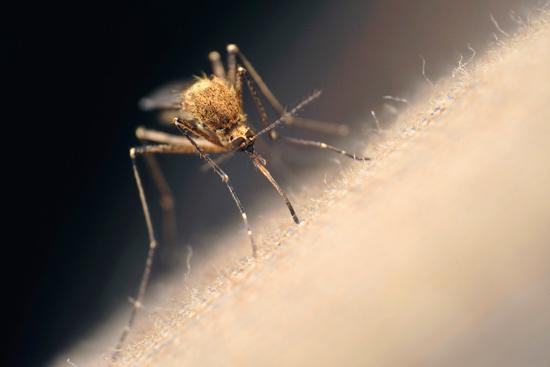The Washington State Department of Health (DOH) confirmed the first death due to West Nile virus this year in Washington. A Benton County woman in her 70s was most likely exposed to infected mosquitoes in Benton County.
Tests to specifically identify West Nile virus as the cause of her illness were performed at the Washington State Public Health Laboratories. A second reported case, a man in his 80s from Benton County, is currently hospitalized with West Nile virus disease. He was also most likely exposed to infected mosquitoes in Benton County.
So far this year, West Nile virus activity has been found in seven counties in eastern Washington. This region continues to be the “hot spot” in our state due to the combination of warm weather, standing water, and vegetation providing ideal habitat for mosquitoes and birds that carry the virus. While eastern Washington is where West Nile virus is most often detected, the species of mosquitoes that transmit the virus are found throughout the state. Regardless of where you live or travel, you should take precautions to avoid mosquito bites.
As of now, West Nile virus detections and reports include two people in Benton County, a horse in Yakima County, a bird in Spokane County, and mosquito samples from six counties (Adams, Benton, Franklin, Grant, Stevens and Yakima counties). These findings show that the virus is active in a broad area of eastern and central Washington.
With Labor Day weekend approaching and summer coming to an end, people may be spending more time outdoors enjoying healthy recreational activities. Here are a few precautions to reduce the chances of being bitten by a mosquito.
- Use an EPA-registered mosquito repellent when spending time outdoors or in woods.
- Stay indoors around dawn and dusk when mosquitoes are most active, if possible.
- If outdoors during dawn and dusk, wear long sleeves and pants to avoid mosquito bites.
Prevention tips for your home:
- Make sure that door and window screens are in good condition so that mosquitoes cannot get indoors.
- Reduce mosquito habitat around the home by dumping standing water from buckets, cans, flower pots, old tires, and frequently change water in kids’ wading pools, birdbaths, pet dishes, and water troughs.
Most people bitten by a mosquito carrying West Nile virus won’t get sick. Some people will develop mild symptoms including headache, fever and body aches that go away without treatment. However, in rare instances, West Nile virus infection can be very serious and even fatal. Severe disease can include meningitis or encephalitis, and some neurological effects of the disease may be permanent. The risk for serious illness is highest among people over age 60 and those with certain medical conditions, such as cancer, diabetes, hypertension, kidney disease, and people who have received organ transplants.
More information is available on the agency’s West Nile virus information line, 1-866-78-VIRUS (1-866-788-4787) and prevention tips on the West Nile virus website.
The Department of Health website (doh.wa.gov) is your source for a healthy dose of information. Also, find us on Facebook and follow us on Twitter.


